
Drs McDade and Sabbagh discuss heterogeneity in Alzheimer’s disease and structural polymorphism and genetic mosaicism seen in patients.

Drs McDade and Sabbagh discuss heterogeneity in Alzheimer’s disease and structural polymorphism and genetic mosaicism seen in patients.

Drs Atri and Cohen discuss biomarkers for Alzheimer’s disease and the challenges in their use in routine practice.

Four Alzheimer’s disease expert discuss our current understanding of Alzheimer’s disease pathology and the presence of amyloid and tau pathologies in patients.
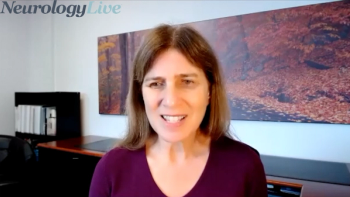
The neurologist and assistant professor at the University of Toronto discussed the real, but tepid significance of amyloid-related imaging abnormalities seen from lecanemab in early-stage Alzheimer disease. [WATCH TIME: 3 minutes]
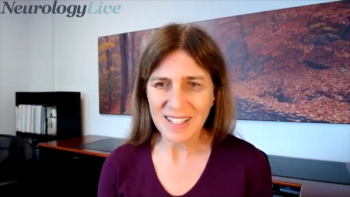
The neurologist and assistant professor at the University of Toronto provided insight on positive topline findings from the phase 3 Clarity AD study of lecanemab in early Alzheimer disease. [WATCH TIME: 4 minutes]
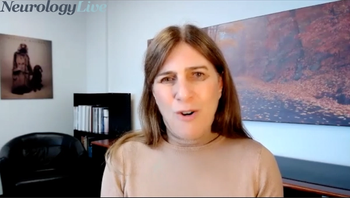
The neurologist and assistant professor at the University of Toronto discussed why elevating the voices of patients and caregivers is important to understanding and treating an individual with Alzheimer disease. [WATCH TIME: 3 minutes]
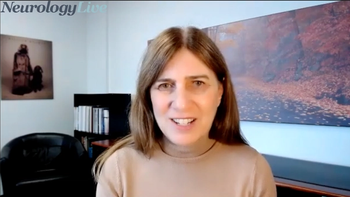
The neurologist and assistant professor at the University of Toronto provided insight on the differences between outcome measures for Alzheimer disease and how they factored into a new item-level analysis of aducanumab (Aduhelm; Biogen). [WATCH TIME: 3 minutes]
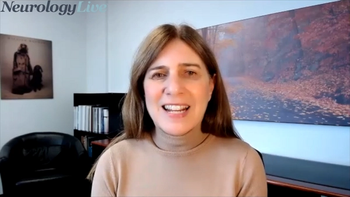
The neurologist and assistant professor at the University of Toronto detailed findings from a new analysis that supports meaningful treatment effect with aducanumab in Alzheimer disease. [WATCH TIME: 6 minutes]
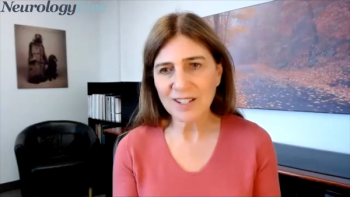
The neurologist and assistant professor at the University of Toronto discussed the different valued biomarkers to assess Alzheimer disease and whether the introduction of retinal imaging changes clinician perception of the most valuable biomarkers. [WATCH TIME: 3 minutes]
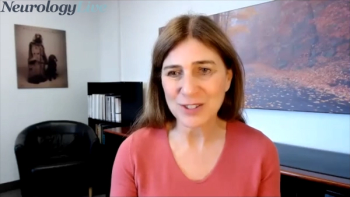
The neurologist and assistant professor at the University of Toronto provided perspective on the multiple different ways retinal imaging can alter and improve the efficiency of research for Alzheimer disease. [WATCH TIME: 2 minutes]
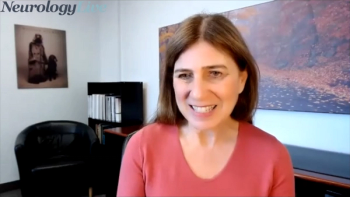
The neurologist and assistant professor at the University of Toronto commented on the next research efforts needed to further validate and demonstrate the diagnostic capabilities of RetiSpec. [WATCH TIME: 3 minutes]

The neurologist and assistant professor at the University of Toronto provided insight on the clinical use of retinal imaging tools like RetiSpec and the need for further validation of these approaches in Alzheimer disease. [WATCH TIME: 2 minutes]
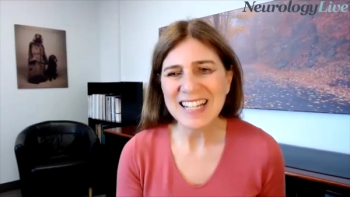
The neurologist and assistant professor at the University of Toronto discussed data presented at CTAD 2021 on RetiSpec, a retinal imaging tool that predicts brain amyloid status. [WATCH TIME: 3 minutes]